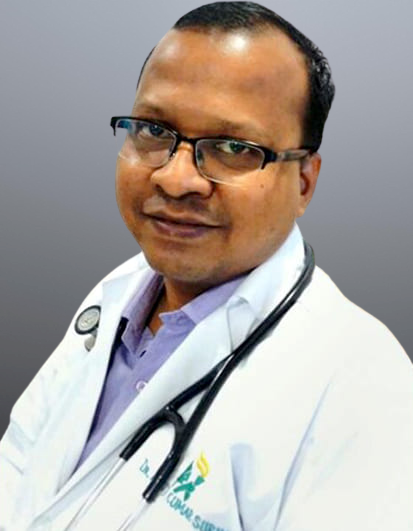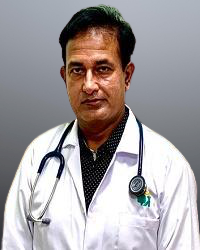Best Rheumatologist in Bhubaneswar
Overview of Rheumatology
Rheumatology is a speciality that focuses on the diagnosis and management of rheumatic diseases. It pertains to conditions that affect the musculoskeletal system, including joints, bones, muscles, and tendons.
Rheumatologists are experts who specialise in treating conditions that include osteoarthritis, rheumatoid arthritis, lupus, gout, scleroderma, ankylosing spondylitis, and psoriatic arthritis.
A rheumatologist in Bhubaneswar and other cities specialises in diagnosing and treating these conditions. The diagnosis of these conditions requires a thorough evaluation of a patient's medical history, physical examination, and laboratory tests. If you are in Bhubaneswar and experiencing a rheumatic condition, it is advisable to seek consultation with a specialist. The best rheumatologist in Bhubaneswar can help you understand and develop a personalised treatment plan.









 Call Now
Call Now


